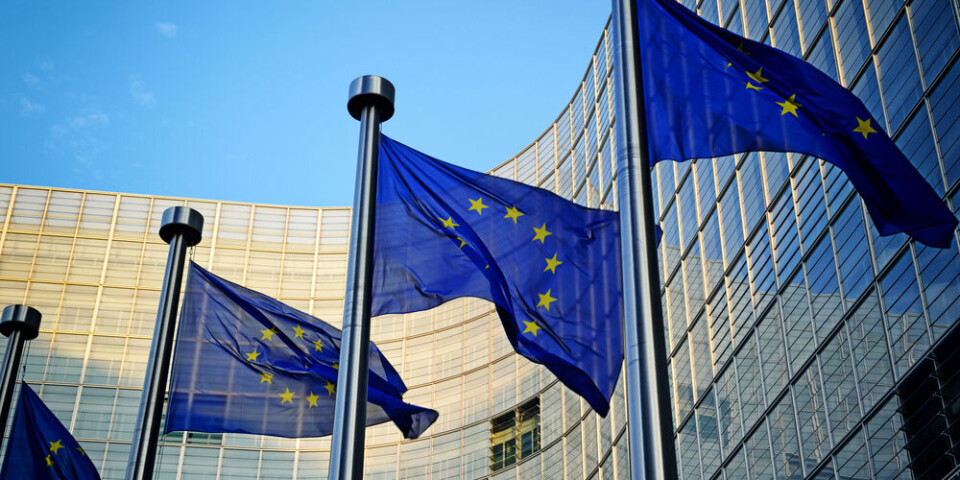-
Key Alpine pass to reopen this summer after €6m repairs
The col d'Allos in Alpes-de-Haute-Provence has been closed since 2023 due to severe weather
-
Why 500,000 people in France will soon be getting a call from health officials
A new campaign will target certain individuals with particular health conditions
-
Receive a book and a rose: France prepares to celebrate its independent bookshops
The 27th edition of the Fête de la librairie indépendante will take place tomorrow (April 26)
French beekeepers condemn new “bee killing” pesticide
French beekeepers have denounced a new neonicotinoid pesticide, which has been authorised for use despite plans to ban most other types of the “bee killing” chemicals.

The National Agency for Food, Environment and Work Safety (L’Agence nationale de sécurité sanitaire de l'alimentation, de l'environnement et du travail (l’Anses)) has given its agreement for the use of sulfoxaflor, which beekeepers say “kills bees”, at a time when the bee population is extremely threatened, and honey production is at a historic low.
The French National Union of Beekeeping (l’Union nationale de l’apiculture française (UNAF)) this week denounced the authorisation, which will allow the chemical - created by the chemical company Dow AgroSciences - to enter the market.
This is at a time when neonicotinoids in general are due to be banned in France from 2018 onwards, under a new law, dubbed the “reconquering of biodiversity, nature and landscapes”, according to French newspaper Le Monde.
Stay informed:
Sign up to our free weekly e-newsletter
Subscribe to access all our online articles and receive our printed monthly newspaper The Connexion at your home. News analysis, features and practical help for English-speakers in France
The UNAF says that sulfoxaflor is a neonicotinoid, and has the same impact, despite it officially not being classified as such by European industry regulations.
As well as having a catastrophic impact on bees - whose population has dropped by an estimated 80% since 1989, according to research published in scientific journal PLos One - neonicotinoids are also said to cause severe central nervous system problems in humans.
In 2013, the European Commission banned five neonicotinoids from use because of the harm they are claimed to cause, which is said to be one of the reasons why beekeepers are so incensed by the new authorisation of sulfoxaflor.
“It is embarrassing, scandalous, pitiable and irresponsible, from the point of view of future generations,” said Gilles Lanio, president of the UNAF, quoted in Le Monde. “I still cannot believe it.”
























